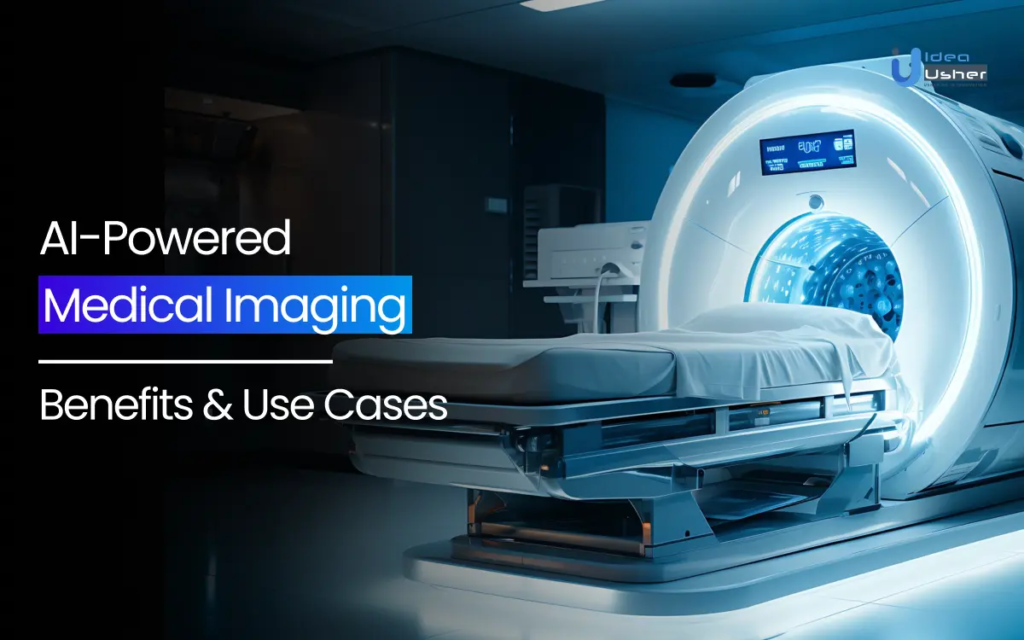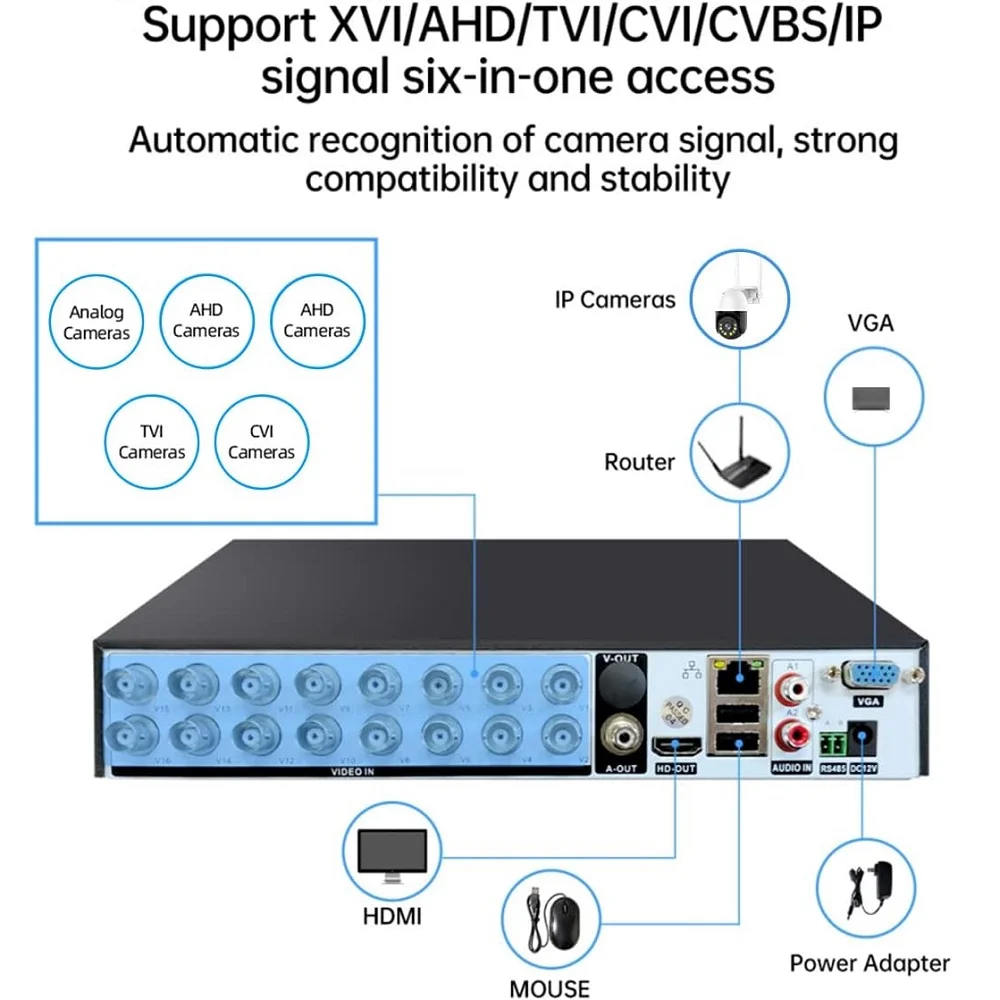Artificial Intelligence (AI) is playing a transformative role in the healthcare sector, particularly in revolutionizing health diagnostics. The use of AI is changing the way healthcare providers diagnose and treat patient conditions, including those related to cardiovascular diseases. As per the Consegic Business Intelligence, the cardiovascular monitoring and diagnostic devices market is projected to reach USD 29,883.03 million by 2031, with a CAGR of 5.0% from 2023 to 2031.
AI in Cardiovascular Monitoring and Diagnostic Devices
1. Continuous Monitoring and Data Analysis
Cardiovascular diseases (CVDs) are a major global health concern, contributing to a significant number of deaths. Timely detection and ongoing monitoring are crucial for effective treatment. The emergence of AI-powered cardiovascular monitoring devices has revolutionized the diagnosis and management of heart conditions. Wearable devices integrated with AI algorithms, such as smartwatches and fitness trackers, continuously track heart rate, rhythm, and other essential health indicators. These advanced devices have the capability to detect irregularities, such as arrhythmias, in real-time and can promptly alert both patients and healthcare professionals. Notably, the Apple Watch features an ECG app that utilizes AI technology to identify irregular heart rhythms, potentially indicating atrial fibrillation (AFib).
2. Enhanced Diagnostic Accuracy
AI is revolutionizing cardiovascular diagnostics by leveraging advanced algorithms to analyze medical images and data with unprecedented precision. This technology is capable of interpreting echocardiograms, MRI scans, and CT scans, detecting subtle changes and anomalies that might go unnoticed by human observers. A study featured in the journal Nature Medicine showcased the ability of an AI model to diagnose heart disease from MRI scans more accurately than experienced cardiologists. These developments in diagnostic accuracy have the potential to facilitate earlier intervention and improve patient outcomes.
3. Predictive Analytics for Risk Assessment
The use of AI’s predictive analytics has greatly enhanced the assessment of cardiovascular risk and the prevention of adverse events. By analyzing various factors like patient history, genetic information, and lifestyle data, AI models can accurately predict the likelihood of cardiovascular events such as heart attacks and strokes. For instance, the application of AI in the Framingham Heart Study has led to the development of models that offer more precise predictions of cardiovascular risk. These advanced models enable healthcare providers to identify high-risk patients and proactively implement preventive measures, which has the potential to save lives.
4. Remote Patient Monitoring
Remote monitoring devices powered by artificial intelligence (AI) allow for continual monitoring of patients with cardiovascular conditions, even outside of traditional medical facilities. This approach contributes to better patient outcomes by providing real-time health data to healthcare providers, enabling them to make timely interventions and adjust treatment plans as needed. For example, devices like the AliveCor KardiaMobile utilize AI algorithms to remotely monitor heart rhythms. Patients can conduct electrocardiograms (ECGs) at home, and the AI system analyzes the readings for any irregularities. The obtained data is then shared with healthcare professionals to facilitate further assessment, ensuring continuous management of the patient’s condition.
The Role of AI in Health Diagnostics
1. Early Disease Detection
The advanced capabilities of AI to swiftly and accurately analyze vast amounts of data have significantly improved early disease detection. Machine learning algorithms are being used to analyze medical images, genetic data, and electronic health records (EHRs) to identify patterns that may indicate the presence of early-stage diseases such as cancer, diabetes, and neurological disorders. Notably, AI-powered imaging tools can analyze mammograms to detect breast cancer at earlier stages compared to traditional methods. Google Health has developed an AI system that surpasses the diagnostic performance of radiologists in identifying breast cancer from mammograms, demonstrating the potential of AI in improving early disease detection.
2. Personalized Diagnostics
Advances in AI technology are revolutionizing personalized diagnostics by customizing medical assessments to fit each patient’s unique characteristics. Through the analysis of genetic information, lifestyle factors, and previous medical history, AI systems offer personalized diagnostic insights. Notably, precision medicine initiatives, including those spearheaded by IBM Watson Health, leverage AI to analyze genomic data and offer personalized treatment plans for cancer patients. This approach not only enhances diagnostic accuracy but also improves treatment outcomes by taking into account the individual genetic profile of each patient.
3. Automating Diagnostic Processes
Advances in AI technology have led to the streamlining and automation of diagnostic processes, which has resulted in reducing the burden on healthcare professionals and speeding up the diagnostic process. Natural language processing (NLP) algorithms are now being used to extract relevant information from patient records, while AI-powered chatbots are conducting preliminary assessments and triaging patients. For instance, Babylon Health is utilizing AI to offer diagnostic services through a chatbot interface. Patients are able to input their symptoms, and the AI analyzes the data to suggest potential conditions and recommend next steps, including consultations with healthcare providers if necessary.
Recent Developments and Innovations
1. AI in Imaging and Radiology
Advancements in AI technology are playing a crucial role in improving imaging and radiology, which are essential for precise diagnostics. AI algorithms are being utilized to enhance the quality of medical images by reducing noise and improving contrast. For example, NVIDIA’s Clara platform harnesses the power of AI to enhance imaging in radiology, offering tools that not only improve the quality but also the speed of processing medical images. This technology has the potential to support radiologists in making quicker and more accurate diagnoses, ultimately benefiting patients.
2. Integration with Electronic Health Records
Incorporating artificial intelligence (AI) with electronic health records (EHRs) enables more thorough and effective diagnostics. AI can analyze EHRs to uncover patterns, connections, and potential risk factors that may not be easily identifiable through manual examination. This integration facilitates improved clinical decision-making and personalized patient care. Epic Systems, a major EHR provider, is integrating AI into its platform to offer predictive analytics and clinical decision support. This integration assists healthcare providers in recognizing high-risk patients, suggesting preventive measures, and customizing treatment plans based on comprehensive data analysis.
3. AI-Driven Biomarker Discovery
Advancements in AI are playing a key role in discovering biomarkers, which are biological indicators of disease. Through the analysis of extensive datasets, AI has the capacity to uncover new biomarkers related to various conditions, thereby enabling earlier and more precise diagnostics. For instance, Tempus, a technology company specializing in precision medicine, leverages AI to examine clinical and molecular data, leading to the identification of biomarkers for cancer and other illnesses. This methodology not only supports the development of targeted therapies but also enhances diagnostic accuracy.
Conclusion
AI is undoubtedly having a significant impact on the future of health diagnostics. It is bringing about remarkable advancements in cardiovascular monitoring, early detection of diseases, personalized diagnostics, and automated processes. Specifically, AI-powered devices and predictive analytics are revolutionizing patient care in the areas of cardiovascular monitoring and diagnostics. These technologies are enhancing the accuracy of diagnostics and enabling continuous monitoring, ultimately leading to improvements in patient outcomes and transforming the delivery of healthcare. As AI technology continues to progress, its integration into health diagnostics will usher in a new era of precision medicine, bringing about significant enhancements in healthcare delivery.





Be First to Comment